In Freedom's Quest (Volume IV, In 2 Parts)
In the three earlier volumes of this definitive biography (Vol. I, 1998; II, 2002; III, 2005) Professor Ray had presented in ample and carefully checked detail the first three successive phases in the phenomenal career of M.N. Roy as a revolutionary and a theorist of revolution up to 1939. Drawing upon previously unexplored archival sources preserved in public and private collections at Kolkata and New Delhi, Stanford and New York, Mexico and Moscow, Berlin, Paris, Amsterdam, Copenhagen, Zurich, London and even Beijing, and upon interviews and exchanges with persons who were Roy's colleagues during those phases, he presented in those volumes an illuminating account not only of his protagonist's personality, ideas and activities, but also of the national and international developments which formed their historic context. To this concluding volume Professor Ray brings the same scrupulousness and insight to illuminate the events and developments of the last decade and half of Roy's career. His passionate campaign against the threat of Fascism to civilization and his break with the Congress; the foundation of the R.D.P and the IFL; the formulation of the seminal documents of radical democracy--The People's Plan for Economic Development and The Draft Constitution for Independent India; his unsuccessful efforts to initiate a revolution from below or to prevent the transfer of power from a decrepit imperialism to the exploitative upper classes of a socially and culturally backward India; his eventual political marginalisation--all these are presented in the context of national and international developments--the vicissitudes of the Second World War and the disbandment of the Communist international, the Bengal famine, communal riots and partition of the subcontinent, the Mahatma's political marginalisation by his principal disciples and his eventual martyrdom, the polarisation of the Post-War World between the USA and the Soviet Union, etc., etc. But the most illuminating feature of the present volume is the careful tracing of Roy's Post-War Evolution as the Philosopher of Radical Humanism. Drawing upon the records in the M.N. Roy archives as well as his personal knowledge Professor Ray unravels the inside story of the formulation of the "Twenty Two Theses". Moving beyond communism Roy found the search for truth and the urge of freedom to be the primary drives in the human psyche that made men and women the makers of history. He structured an open-ended but comprehensive philosophy in which a wide range of principles were inter-related and harmonised--of rationalism and materialism, the creative role of individuals and the autonomy of ideas, the biological roots of morality and the evolution perennial values, the sovereignty of the people and the crucial role of disinterested intellectuals in making democracy work, the need for decentralisation of power, politics without parties and total reorientation of economy to serve the basic needs of the community. His last two major works--the memoirs (left incomplete by the fateful accident) and reason, romanticism and revolution are discussed in some detail. And the account closes with a personal view of this historic figure and of the relevance of his ideas to the global crisis of our time.
BECOME A MEMBER

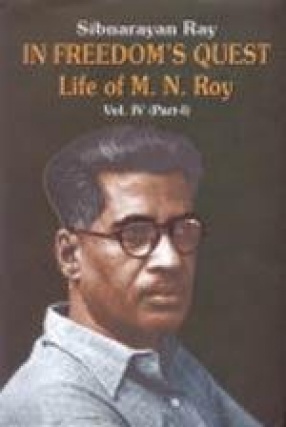
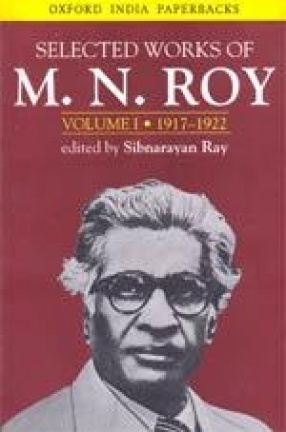
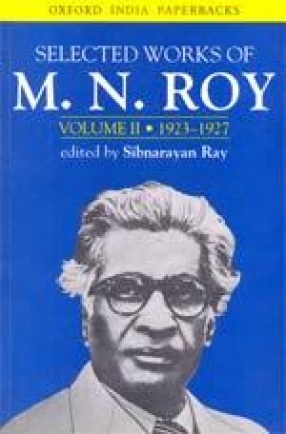
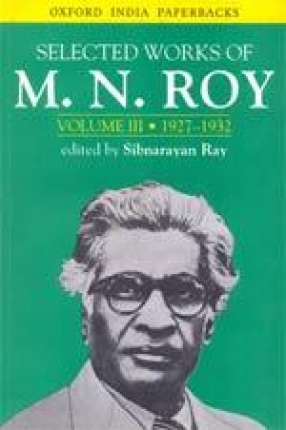

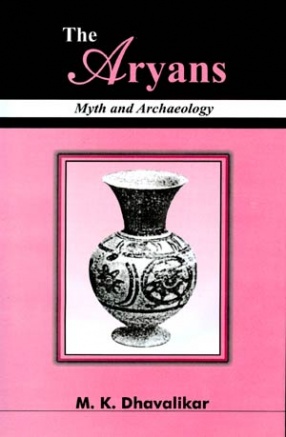
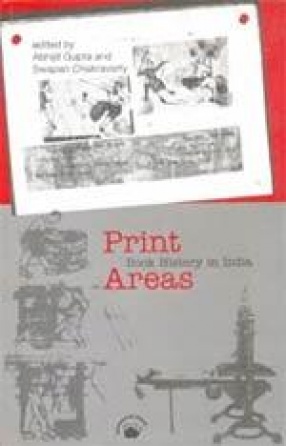
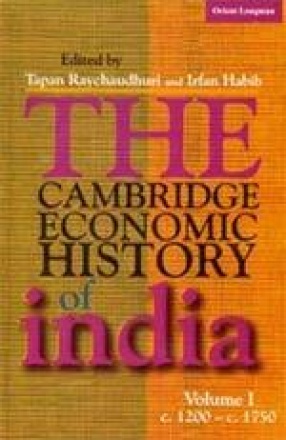

Bibliographic information